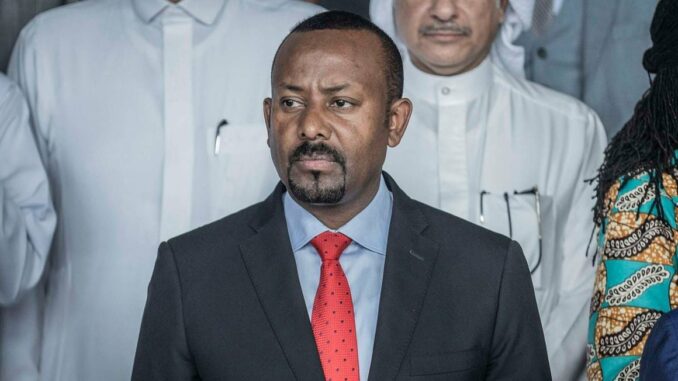
The African Union’s Peace and Security Council (PSC) on Wednesday January 17 called for “restraint” from Ethiopia and Somalia, at a meeting devoted to the tensions between the two neighbors arising from a rapprochement between Addis Ababa and the breakaway region of Somaliland.
Somalia recently described as “aggression” the signing on January 1 of a maritime “memorandum of understanding” under which Somaliland, a Somali region whose self-proclaimed independence since 1991 is not recognized by the international community, leases 20 km of its coastline to Ethiopia for a period of 50 years.
In a press release, the PSC said it had heard the Ethiopian and Somali representatives to the AU, and “expressed its deep concern at the ongoing tension” between the two countries and “its potential negative impact on peace, security and stability in the region”.
It calls on the two neighbors to “show restraint and de-escalation” and to engage in “constructive dialogue with a view to finding a peaceful solution”. The Council “unequivocally” reaffirms its “support for the preservation of the sovereignty, independence, unity and territorial integrity of all AU member states”.
Since their agreement, the Ethiopian and Somaliland authorities have made contradictory statements on the possible official recognition by Addis Ababa of the separatist region’s sovereignty.
Africa’s second most populous country, with 120 million inhabitants, landlocked Ethiopia has in recent months been asserting its desire to regain access to the Red Sea, which it gradually lost with the independence in 1993 of Eritrea, which it had annexed in the 1950s, followed by the conflict that pitted it against Asmara from 1998 to 2000. Most of its maritime imports and exports now transit through the port of Djibouti.
With a population of 4.5 million, the self-proclaimed Republic of Somaliland is relatively stable compared with neighboring Somalia, which has been in chaos for three decades. It has its own institutions, prints its own currency and issues its own passports, but its lack of international recognition keeps it isolated.
